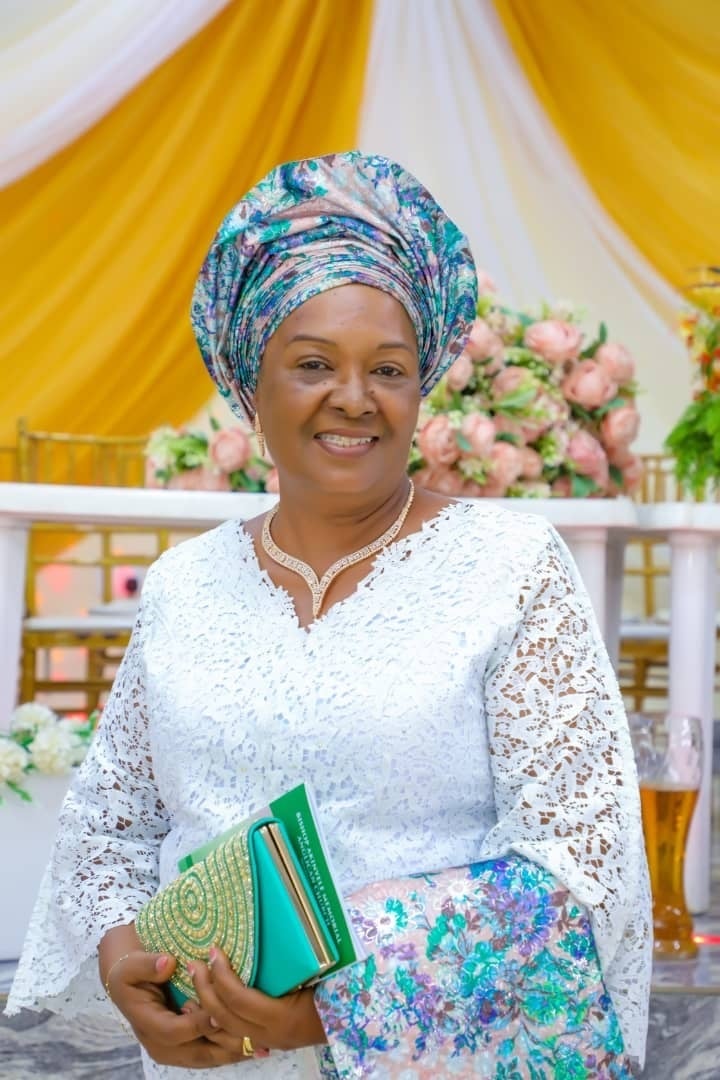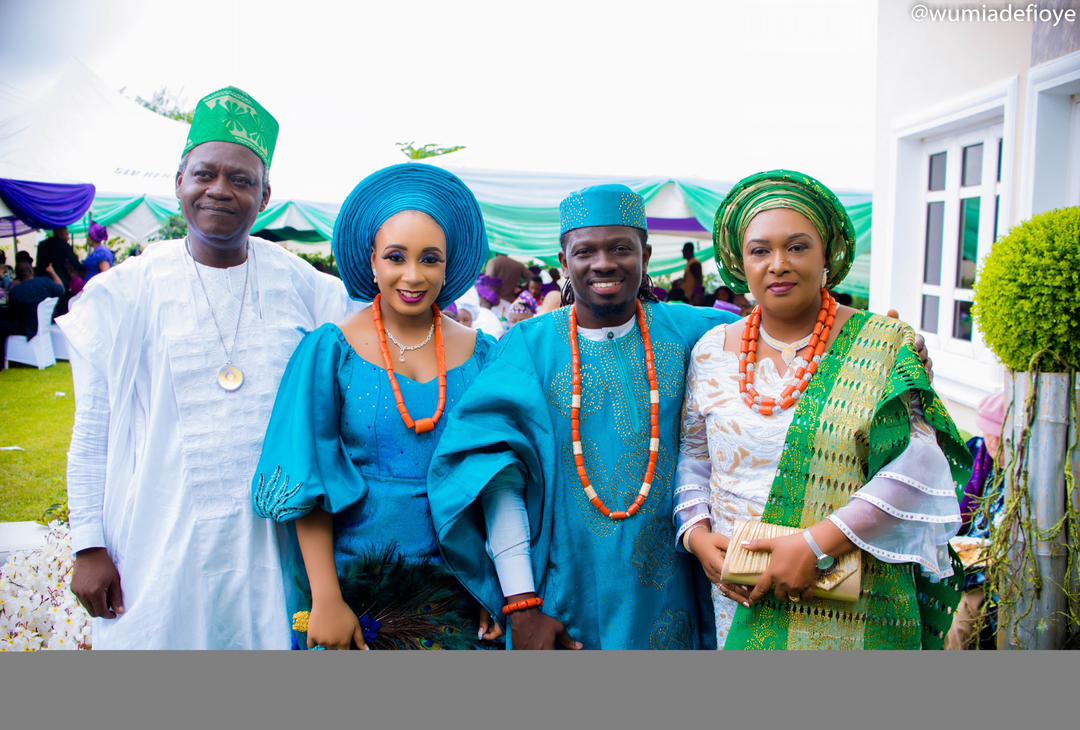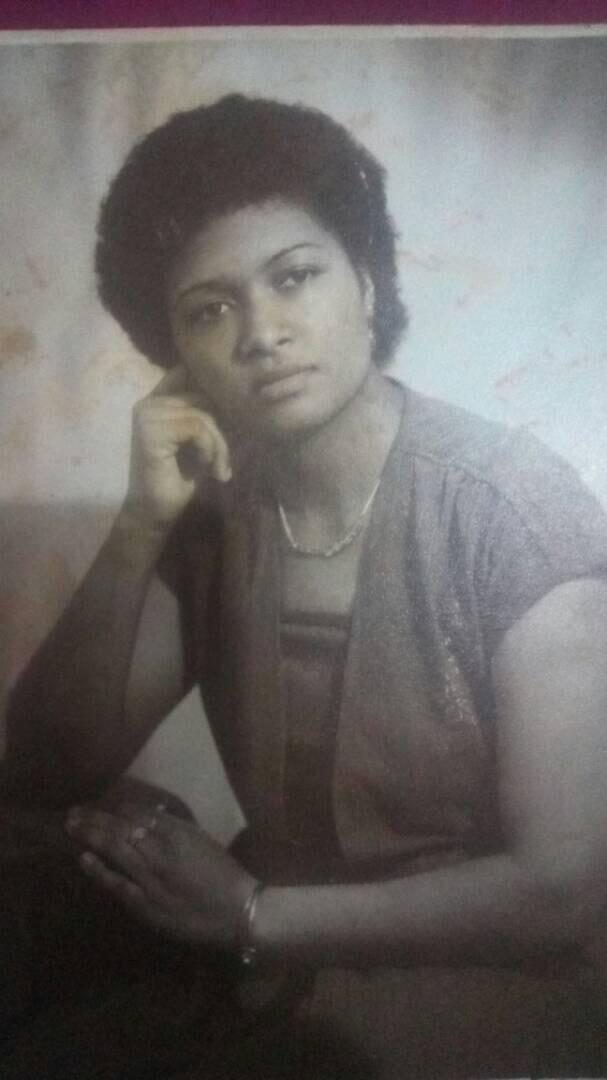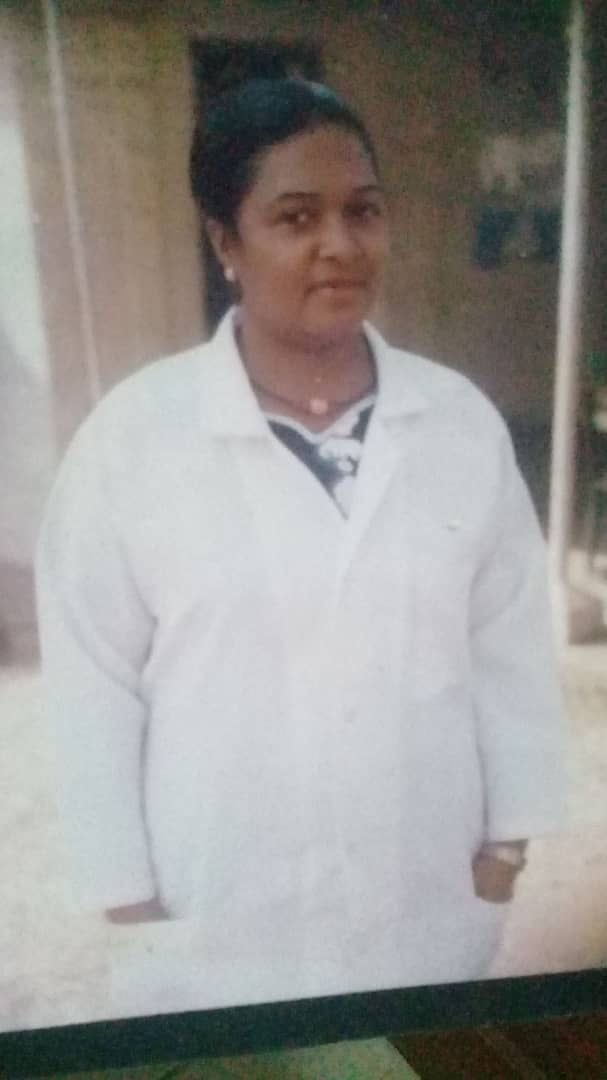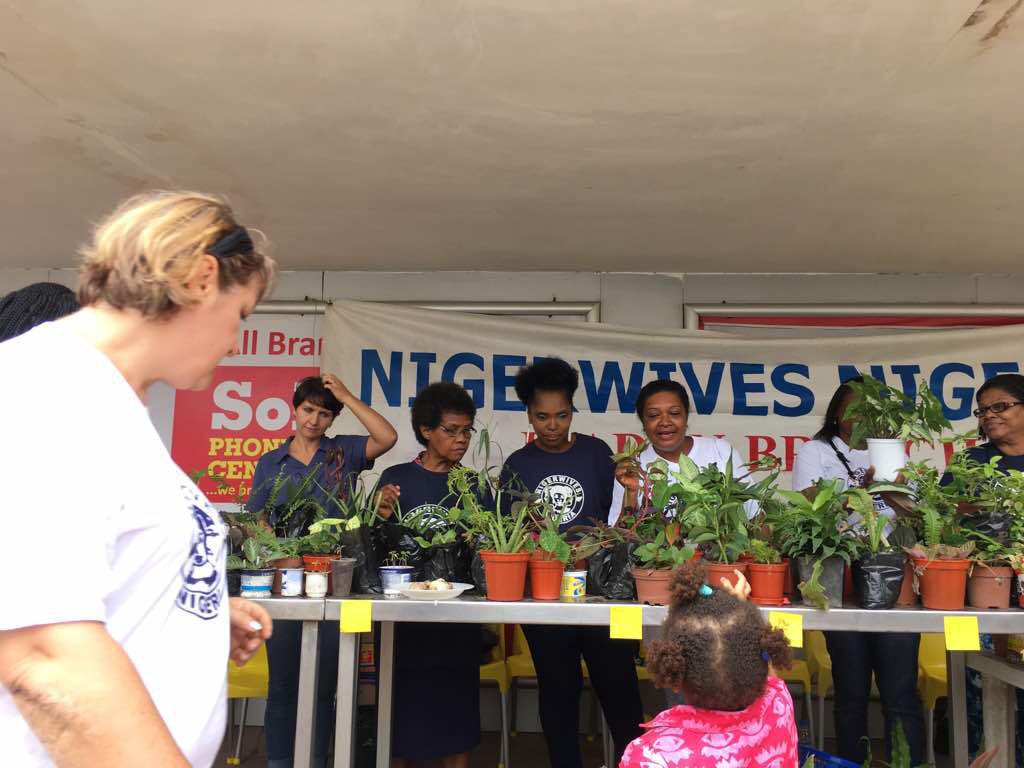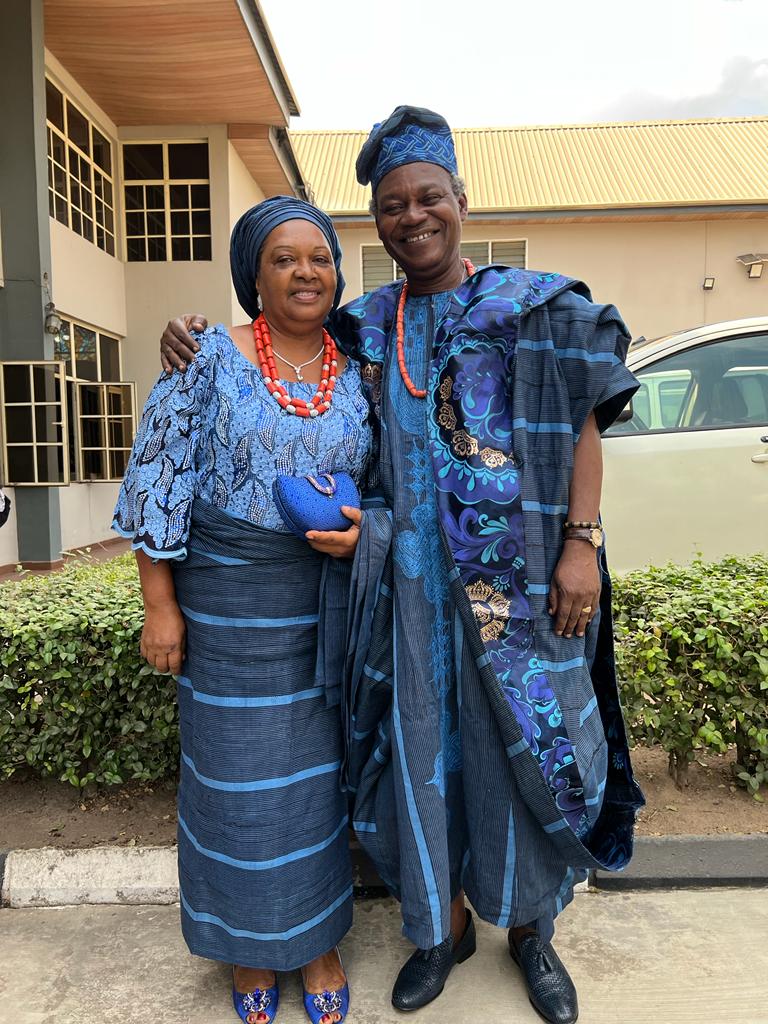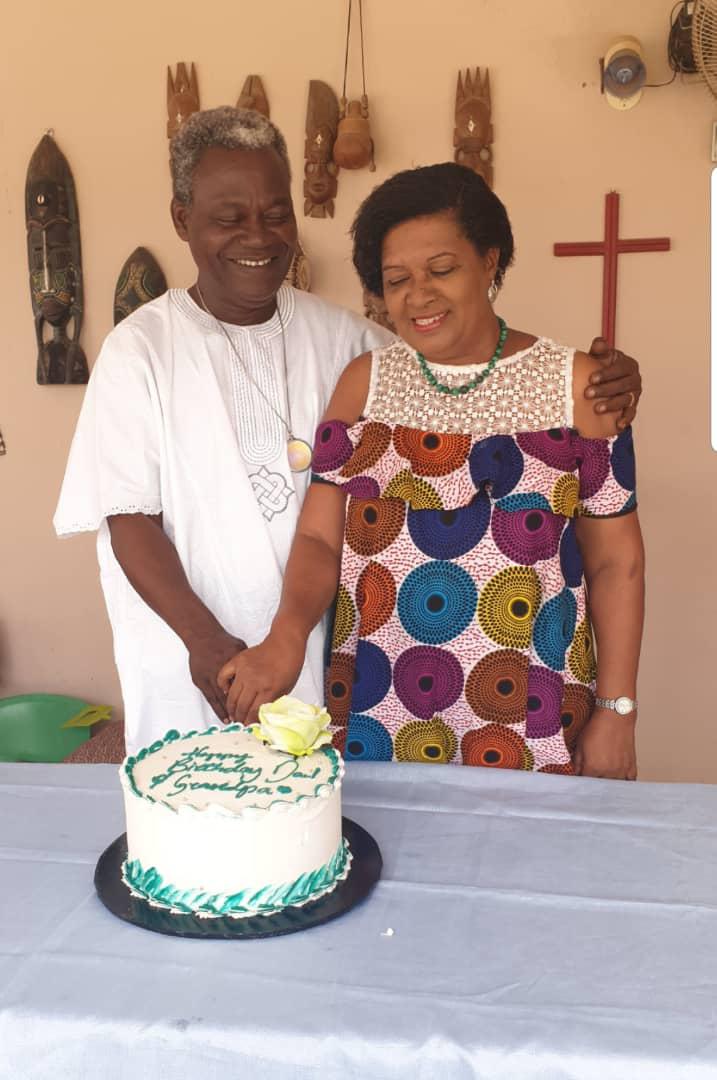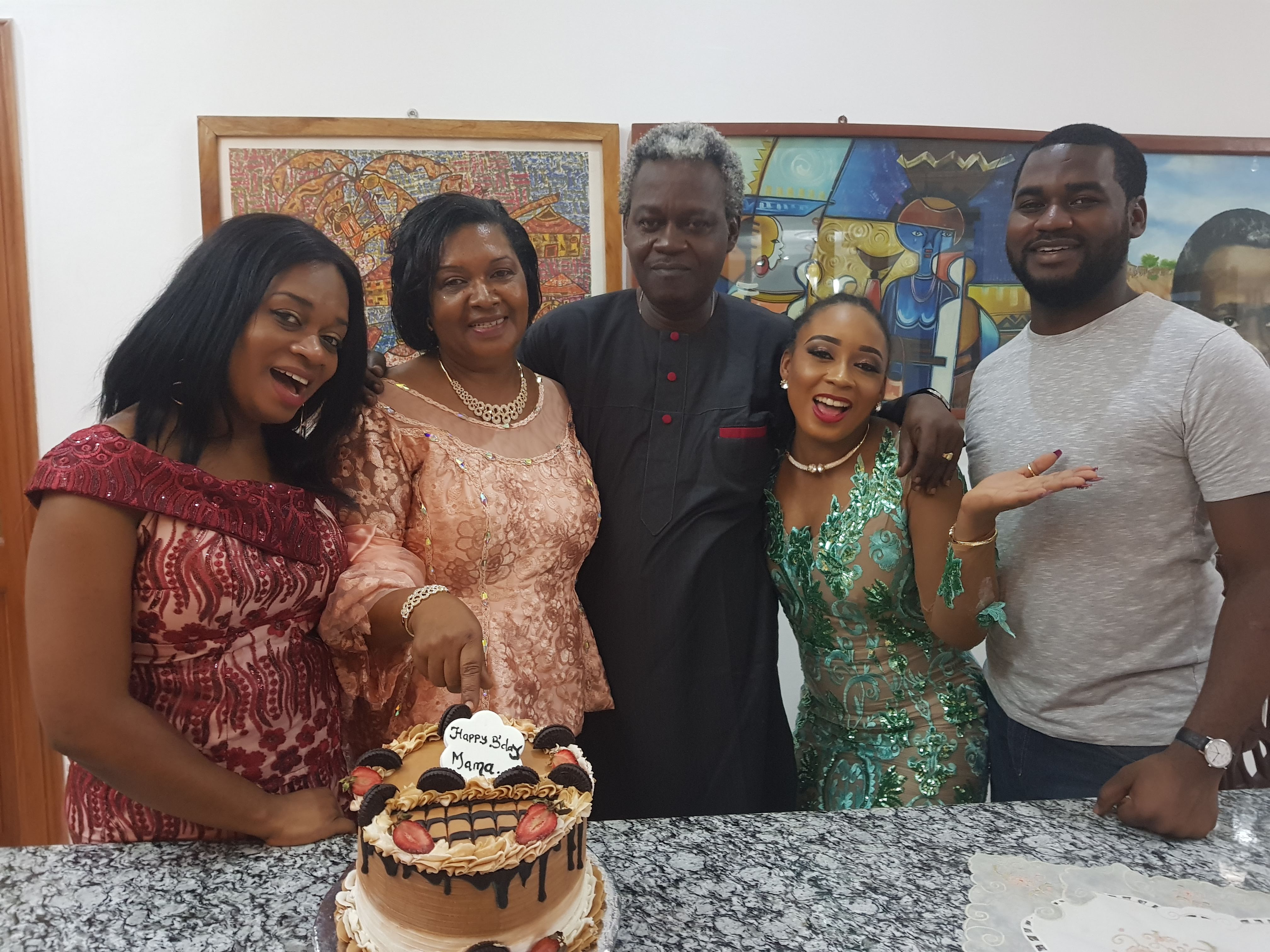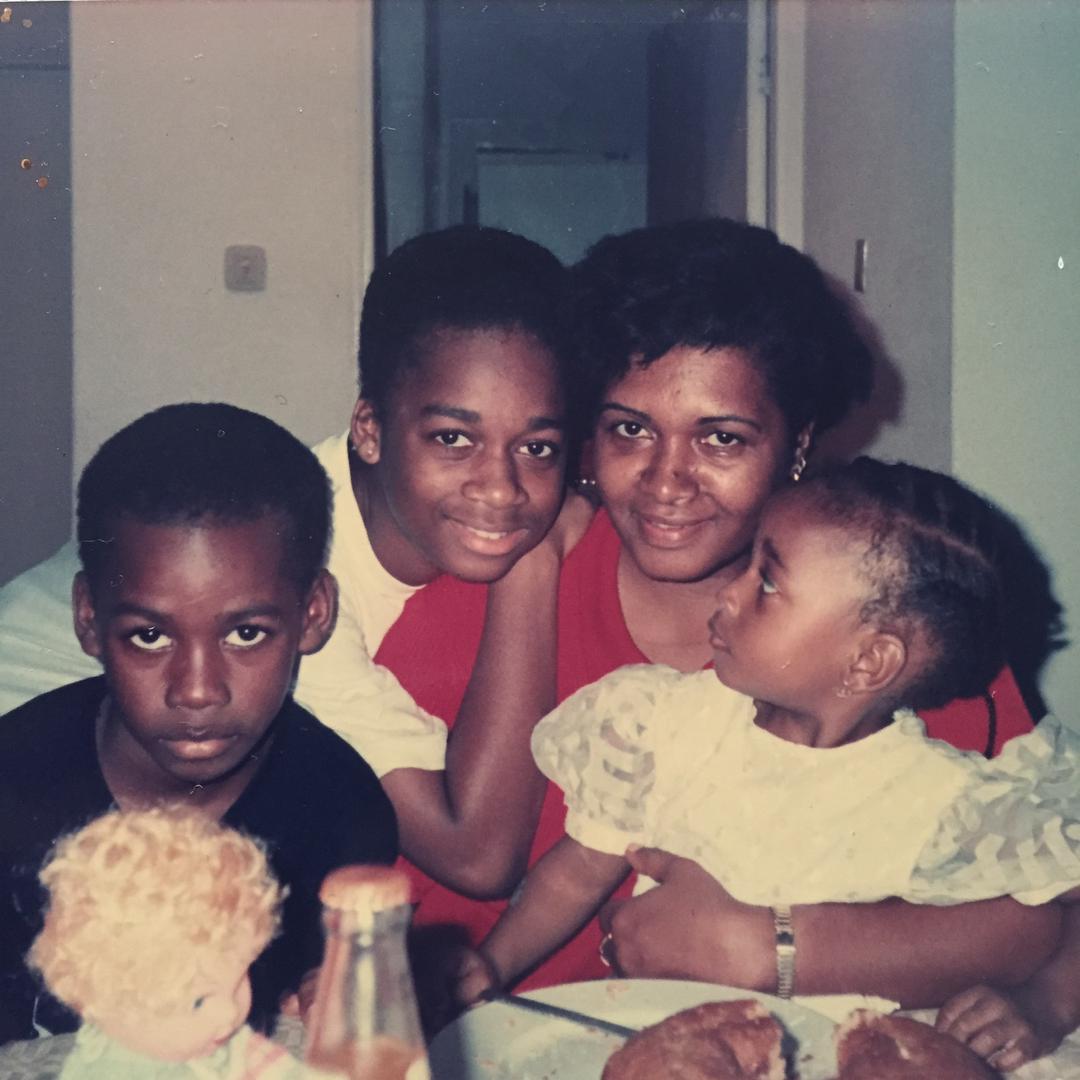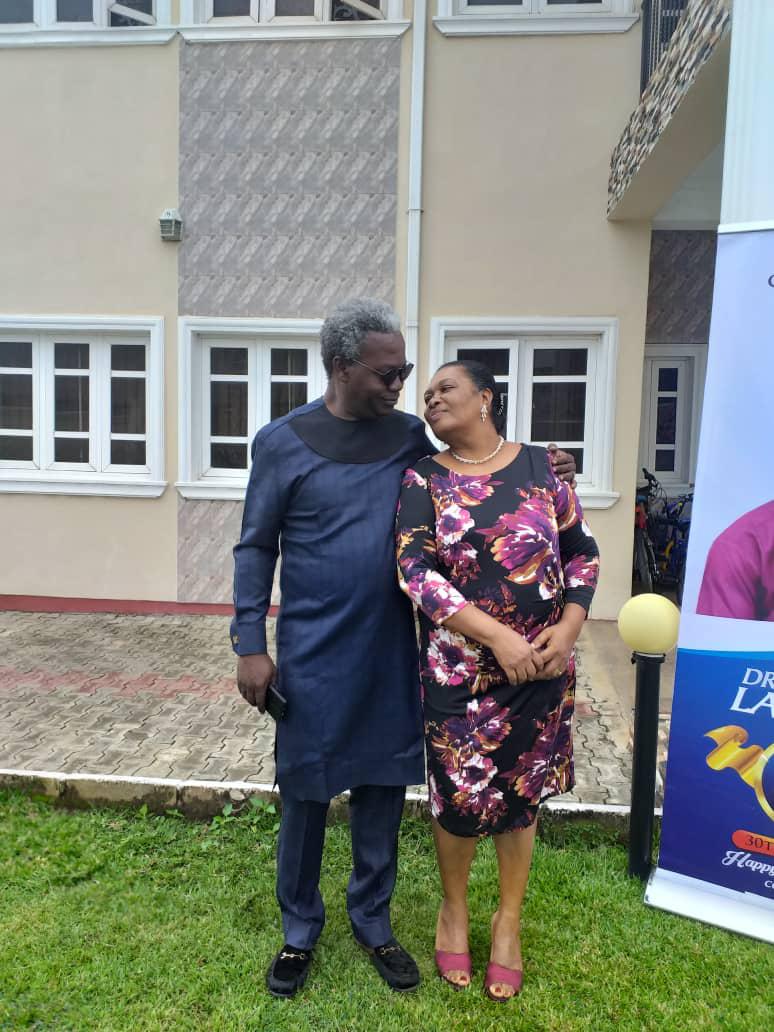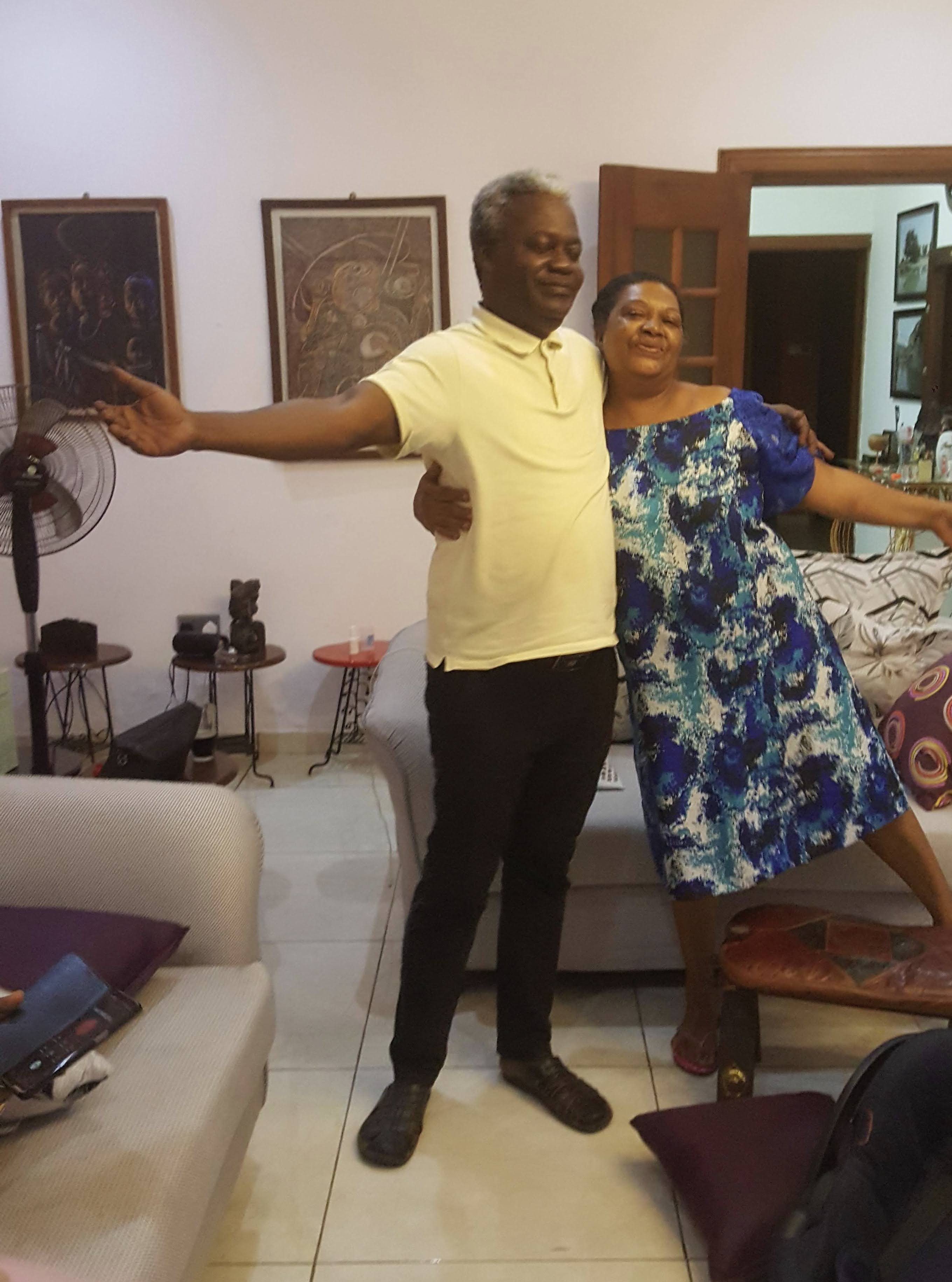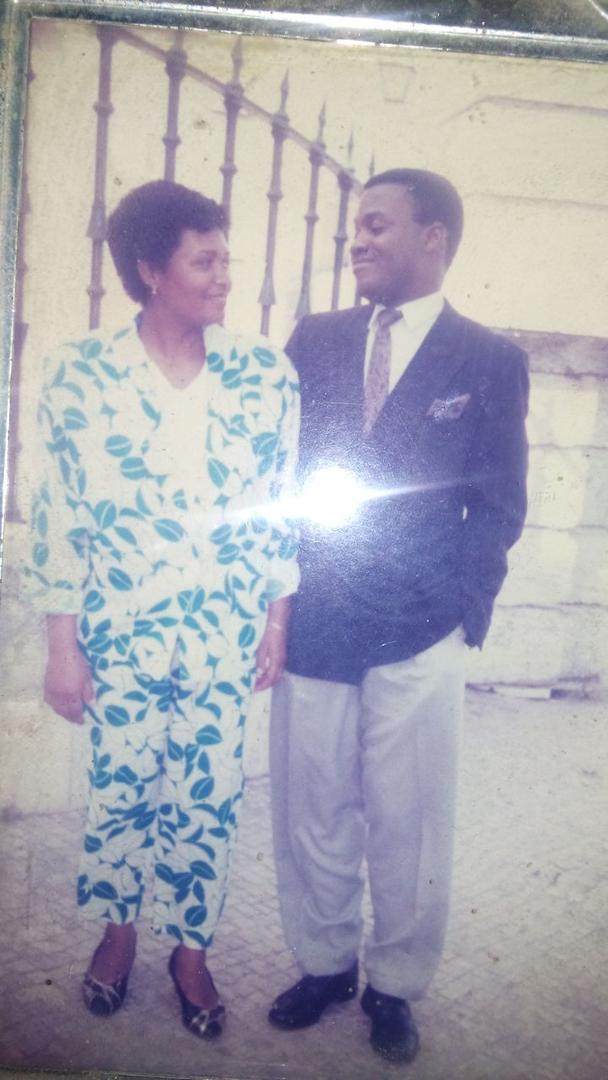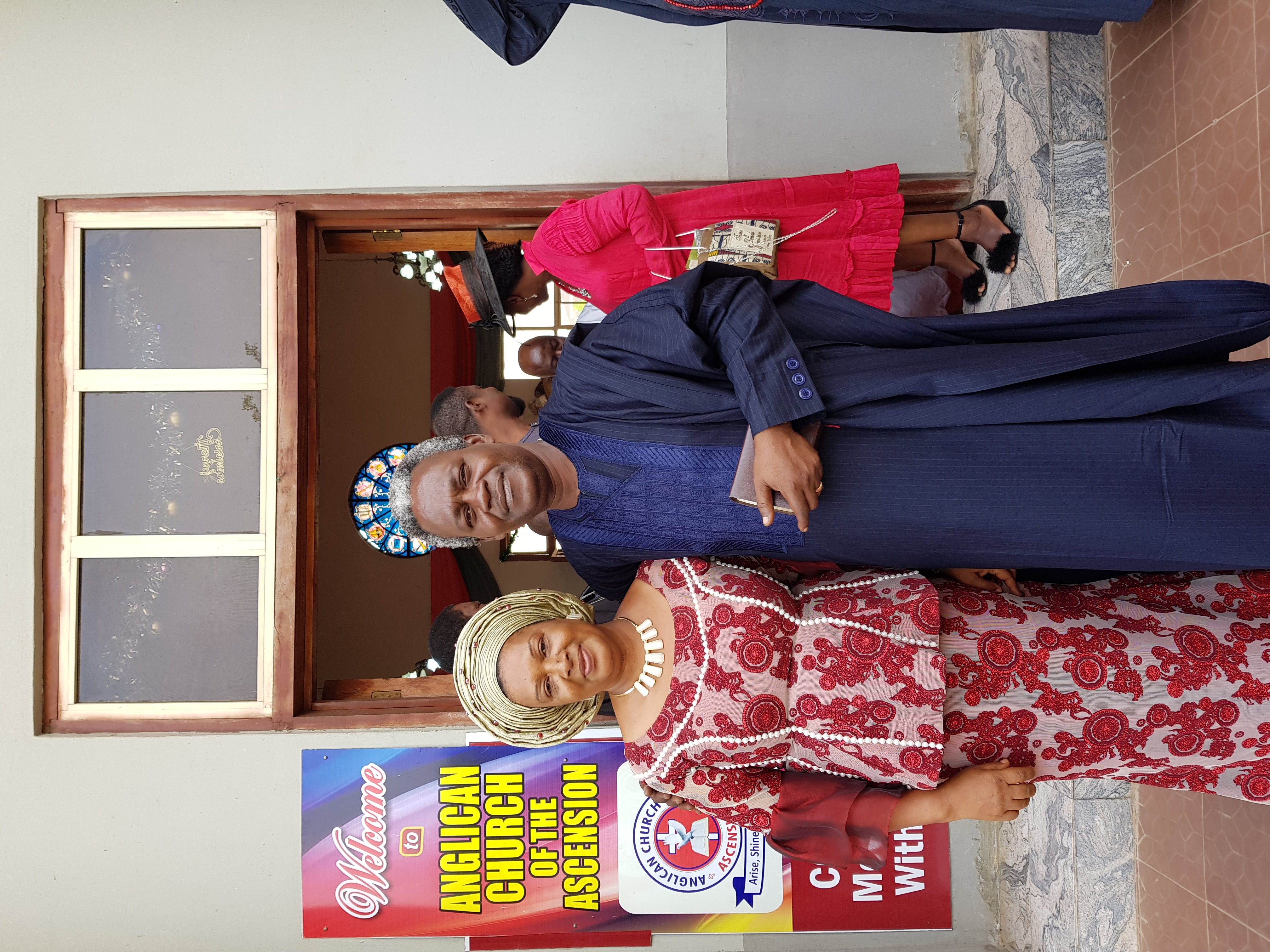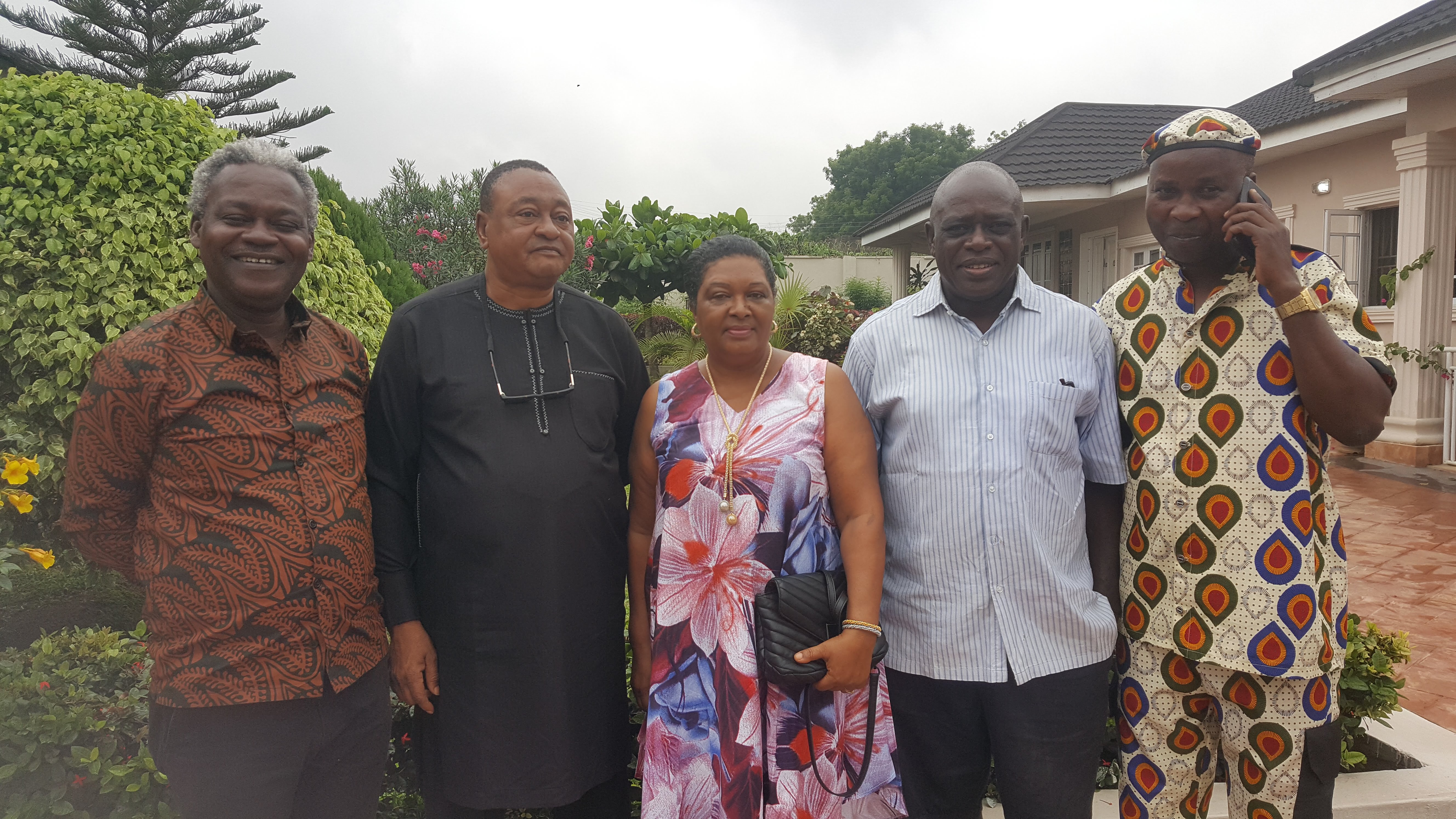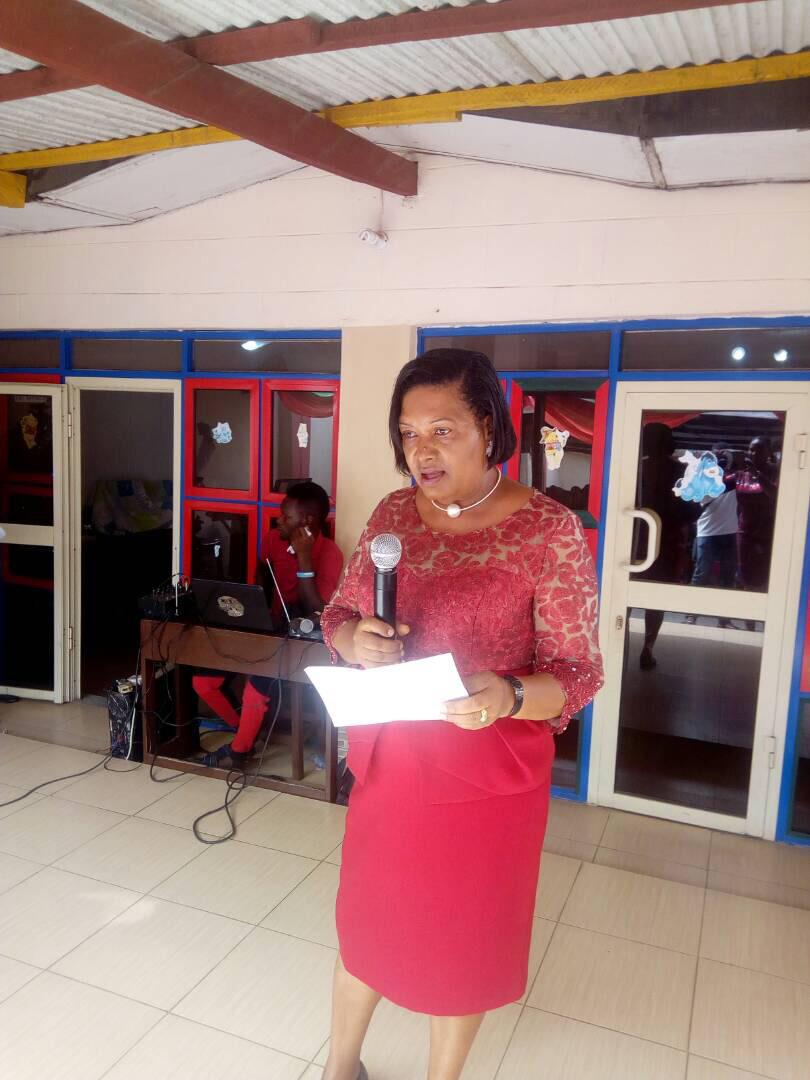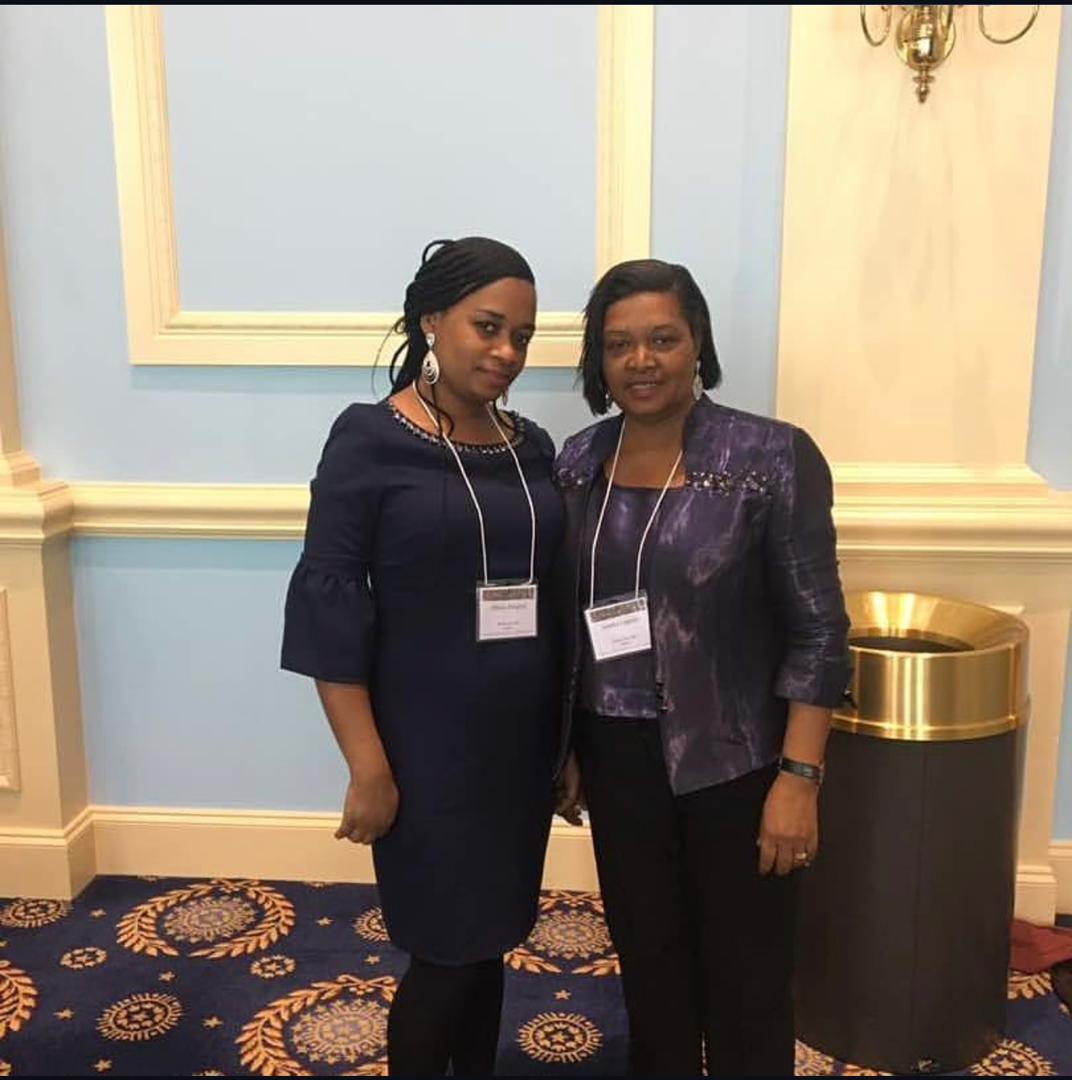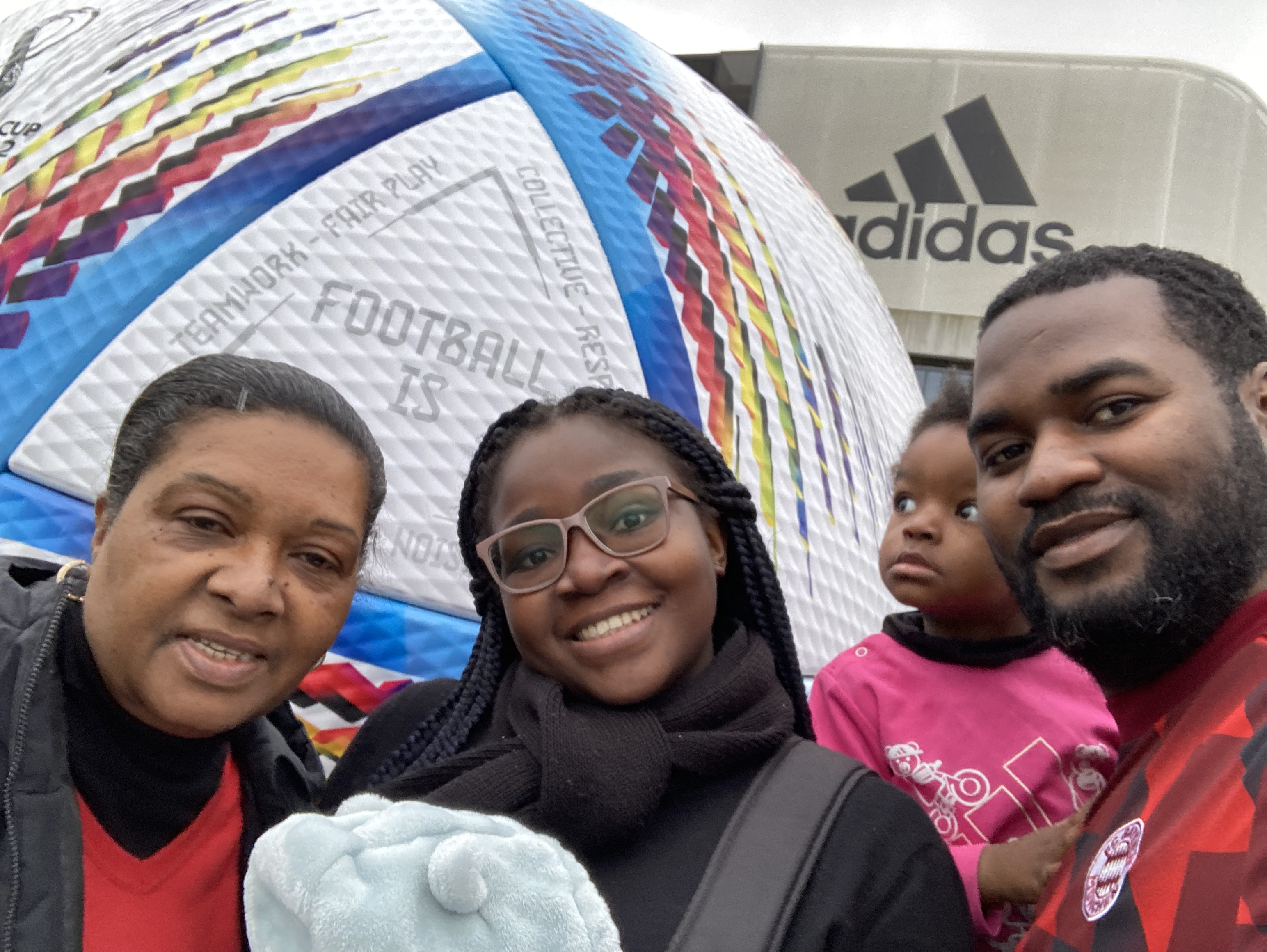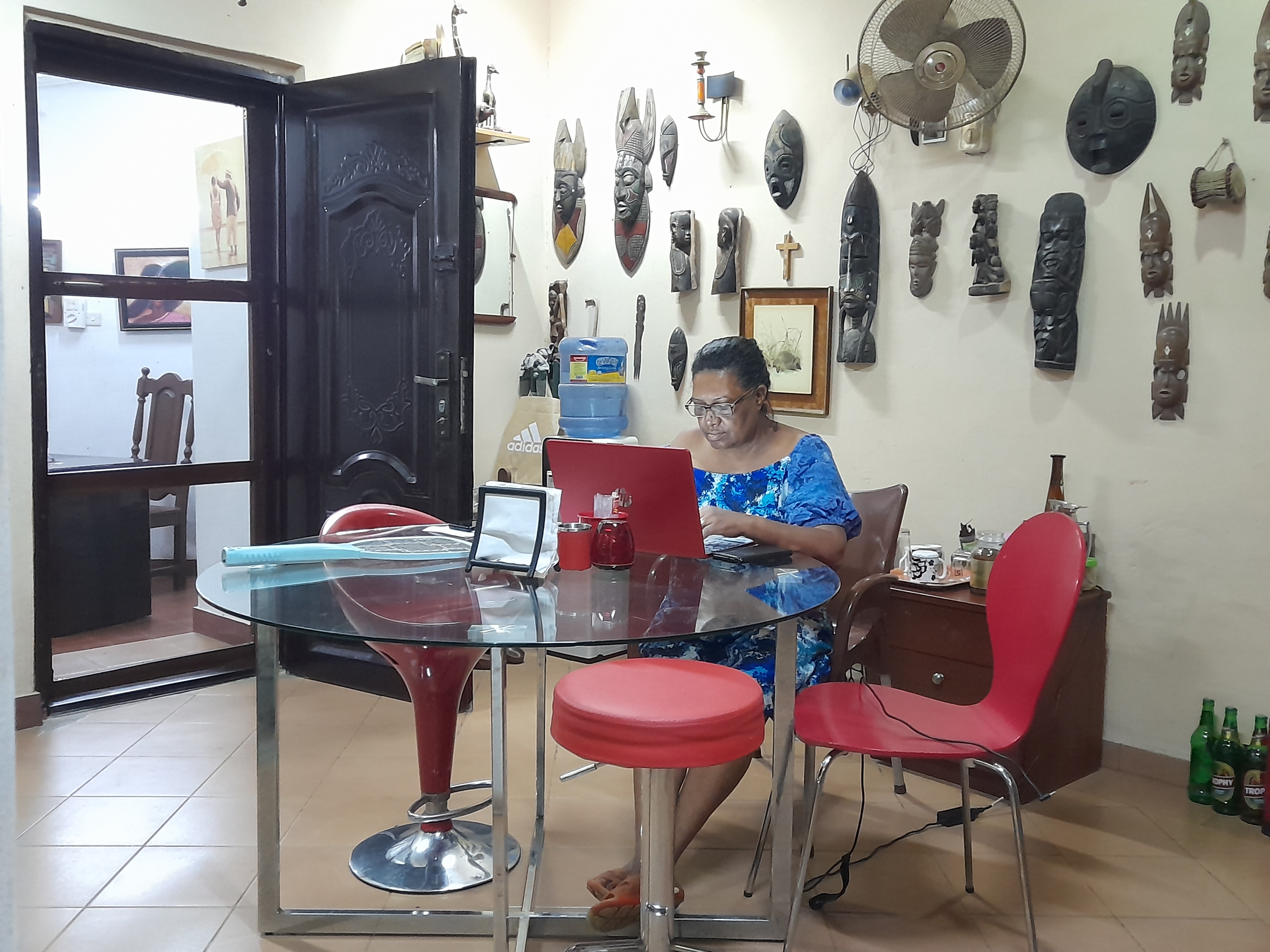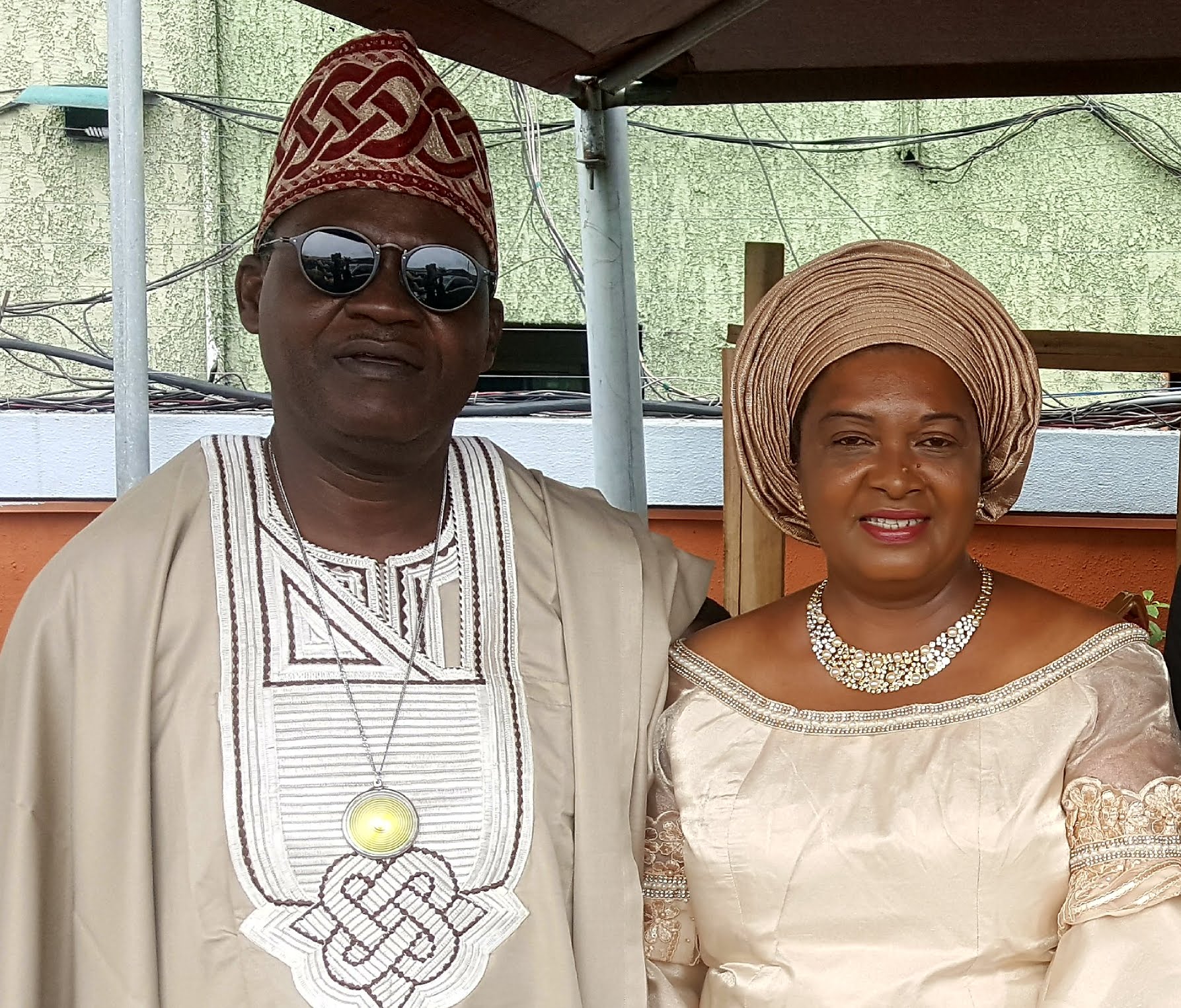Amelia's Story
as told by her in February 2021
Born and raised in São Tomé and Principé, a Portuguese-speaking island country off the coast Gabon and Nigeria, I got a scholarship in 1979 to study medicine in the former Soviet Union. After the mandatory one-year Russian language training in Rostov-on-Don, I was sent to St. Petersburg for my medical training. I studied at the First Medical Institute of Leningrad (named after Professor I.P. Pavlov). It was there in Russia that I met my husband, Abimbola Lagunju, a Nigerian, who had also come to study medicine. Not bothered or thinking of a need to study English for my future stay in Nigeria, my husband and I only communicated in Russian. He also did not bother about learning Portuguese, which he only did about ten years later after we got married.
Armed with my medical degree and marriage certificate as well as my knowledge of Russian and my native Portuguese languages, I arrived in Nigeria in 1988. On driving into town from the airport, I was struck by the sight of so many people on the road. Now, remember, I come from an Island country with a population of about a hundred thousand at that time, and St. Petersburg, where the cold kept many people indoors in winter and in summer, where many went for vacation, the sight of so many people in Lagos awed me.
Unlike these days when we search for information on Google, I had no prior information on Nigeria, except what my husband and his friends told me in Russia. They were my Google! And in the way typical of young Nigerians in diaspora then, any listener to their narratives would believe that Nigeria was the best place God created. It wasn't exactly so at my first impression with throngs of stressed people winding their way through the first traffic gridlock I ever saw.
The street hawkers were another sight. It would be my first time of seeing men, women and children hawking their wares, from candies to furniture to motorists and passengers. One needed to look away from their compelling stares that seemed to forcefully demand passengers to buy from them.
Our destination was Ibadan and after what looked like forever struggling with traffic, dodging cars and trucks coming from all directions, we eventually got on Lagos-Ibadan Expressway. My husband sat on the passenger seat beside the driver, and I sat at the back with my mother-in-law who was holding our daughter. I suspect that my mother-in-law saw the awe and maybe horror on my face; she would fire off some words to my husband in Yoruba. My husband would respond and then turn to me to transmit his mother's encouragement that all would be well.
At Ogere, the then middle tollgate, I again saw hordes of street traders harassing cars as they slowed down to pay the traffic toll. I smiled and thought that all Nigerians were engaged in one form of trade or the other. My husband explained to me that most of the street hawkers were employees of people who paid them commission on their sales. My mother-in-law bought some plantain chips. I was reluctant at the beginning to try them, seeing the unwashed state of the hawkers but my mother insisted that I should try. It was delicious. It was my first time of eating plantain chips. I think I ate three packs before we got to Ibadan tollgate.
We entered Ibadan through Challenge. Our destination was Iwo-Road. St. Petersburg, from where I had just arrived is a big city, Moscow too and I had visited London on several occasions, but Ibadan looked bigger than any of them. It was a long trip through Ring-Road, Dugbe, Adamasingba, Mokola, on to Total Garden, then through Gate, Idi-Ape and finally to Iwo-Road.
We finally arrived at my husband's parents' house. It was pure relief! My parents-in-law and my siblings-in-law were happy to receive me. My husband was the interpreter of our interactions. My mother-in-law, believing that I should have a Yoruba oriki, quickly christened me “Anike”. I really felt loved.
Hardly had we settled down in the house, when neighbours began to come in small batches to greet us and especially me, their new Iyawo! After telling me what Iyawo meant, my husband explained the Yoruba culture of recognition and acceptance of a wife from another culture by calling her “Our wife”! Many years later, traders in the market, particularly Oje market which was not very far from Adeoyo Maternity Hospital where I worked would call me “Iyawo Ibadan” to call me to buy their wares whenever I went shopping in the market.
We soon settled down to our new life in Ibadan, Nigeria. A young couple with a little child, no money and looking for job. We depended on my parents-in-law for everything. I think my husband was unhappier than me in the new circumstances. He soon got a job as an intern with Oyo State Ministry of Health, and we started earning an income. The situation was different for me - although my husband and I graduated from the same school, and he was given a job, I, by virtue of the fact that I was a foreigner, had to sit for a qualifying examination before I could be authorized to work in Nigeria by the Nigerian Medical Council. This was in 1988.
My father-in-law soon set out to find out where the next qualifying examination would be holding and soon got information that it would be holding at the University of Benin Teaching Hospital. This was like a couple of months or three after I arrived in Nigeria. My proficiency in English both oral and written was less than basic. My husband continued to speak with me in Russian and served as my interpreter. I went for the examination. Of course, my husband was not allowed into the exam hall to interpret, and my level of English failed me! I knew myself that I did not need to wait for the results to know that it was not in my favour.
After the Benin episode, the challenge was clear. I needed to learn English and to learn it fast and certainly not in the home environment. My husband and I went to the University of Ibadan to find out where I could learn English! After being referred from one place to the other, we met Alla Fawole, a Russian and a senior lecturer in the department of Modern Languages at that time. She was very happy to meet us, and she agreed to take me on with the help of her colleagues. So, I became a student of Alla. Learning with Alla, whose second language was English was fun. Whenever I got tired with the impossible tenses and nuances of English language, we would find sanctuary in Russian. I learnt to make English my second language too. My brother-in-law, Engr. Wale Lagunju mni, a much respected and high-profile civil engineer, then, a young engineer, would drive me from Iwo Road to the University and would come back to take me home. I remember his morning calls to set out for the University, “Mama Abiola, oya, let us go!” Despite all my efforts at learning English, my language of communication with my husband and my daughter still remained Russian.
It was my father-in-law again who found out next where the next qualifying examination would be holding. It was in the University of Ife (Obafemi Awolowo University). Everybody was happy that it was nearer home. The Nigerian Medical Council organized a resident three-month preparatory training for intending candidates. This meant I would be away from my husband and my daughter for three months. If I had any apprehension about the arrangement, I did not share with anyone. I went to Ife.
After three weeks, I decided to come to Ibadan to visit my family. Then I received the shock of my life! My three-year old daughter, whom I had left speaking fluent Russian, could no longer or did not want to speak in Russian again! She spoke only Yoruba, not even English. And there I was, still struggling with English, now confronted by my daughter with a language of which I had no notion! I cried my eyes out! My husband was alarmed when he saw me crying in a corner in the room. “What happened?!” I told him and he reassured me that soon my English would be perfect and my Yoruba too. He again took up his role as my interpreter, but this time, between me and my daughter. I was determined to pass my exams in order not to have to leave my daughter again. But it happened several years later again. I left my three children with their grandparents to travel to Basel in Switzerland for a post-graduate diploma course.
I passed my exams and worked with Oyo State Ministry of Health until 2010 when I retired. Now, I have two primary schools in Ibadan. My three children are all grown up and married. I am a proud grandmother of four children (and waiting for more…)
I am currently the President of Nigerwives, Ibadan, Oyo State Branch.
Need I say more that I am a proud Ibadan woman?!?
Amelia Lagunju
February 2021
About Me
From São Tomé to St. Petersburg where I met my beloved, then to Ibadan where my heart found home, I lived with love, raised a family, served as a devoted doctor, nurtured young minds as an educator, and lived with pride as a cherished wife, mother, grandmother, and proud Ibadan woman.
Keepsakes
